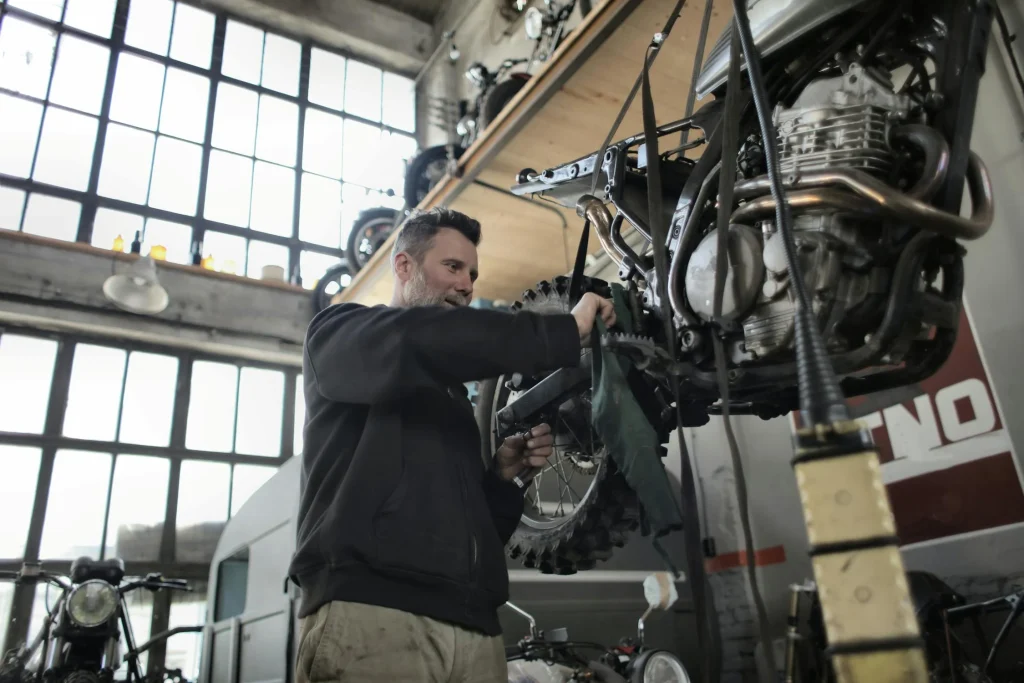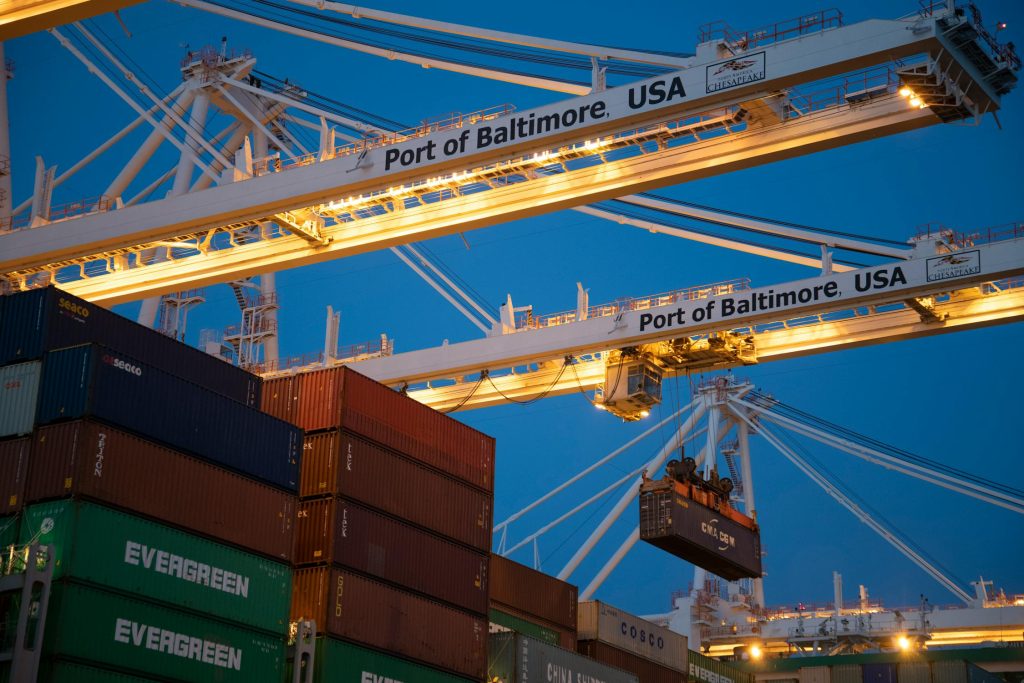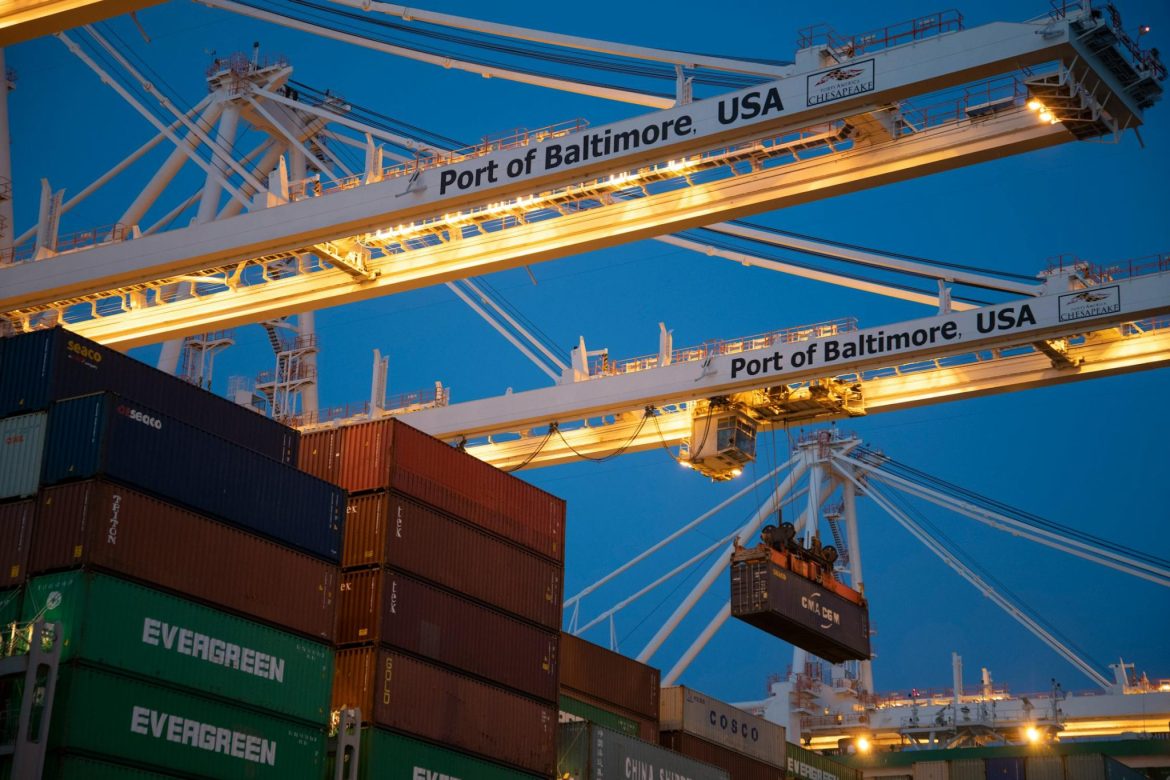Industrial machines are the backbone of manufacturing and production processes across various industries. From automotive assembly lines to food processing plants, these machines enable businesses to produce goods efficiently and at scale. This article explores the different types of industrial machines, their applications, and emerging trends shaping the future of industrial machinery.

Types of Industrial Machines
Industrial machines encompass a broad range of equipment, each designed for specific tasks in the manufacturing and production process. Here are some of the most common types of industrial machines:
- Lathes Lathes are versatile machines used for shaping materials such as metal, wood, and plastic. By rotating the workpiece against a cutting tool, lathes can produce a variety of shapes, including cylindrical, conical, and spherical forms. They are essential for tasks such as creating shafts, gears, and bearings.
- Applications: Automotive parts manufacturing, aerospace components, and metalworking.
- Features: Variable speed controls, different cutting tool attachments, and CNC (Computer Numerical Control) capabilities for precision work.
- Milling Machines Milling machines use rotary cutters to remove material from a workpiece. They are capable of performing a range of operations, including cutting, drilling, and shaping. Milling machines come in vertical and horizontal configurations, each suited for different types of milling tasks.
- Applications: Production of complex parts for machinery, electronics, and consumer goods.
- Features: Adjustable tables, multi-axis capabilities, and CNC technology for intricate designs.
- Injection Molding Machines Injection molding machines are used to produce plastic parts by injecting molten plastic into a mold. This process allows for the mass production of consistent, high-quality plastic components.
- Applications: Manufacturing of consumer products, automotive parts, and medical devices.
- Features: Temperature controls, precise mold clamping, and automated ejection systems.
- Presses Presses are used to shape or cut materials through mechanical force. Types of presses include hydraulic presses, pneumatic presses, and mechanical presses. Each type operates differently but serves similar functions in forming, stamping, and punching materials.
- Applications: Metal stamping, sheet metal forming, and creating parts for appliances.
- Features: Force measurement systems, adjustable pressure settings, and different die configurations.
- Conveyor Systems Conveyor systems transport materials and products throughout the manufacturing process. They come in various forms, including belt conveyors, roller conveyors, and chain conveyors.
- Applications: Assembly lines, sorting systems, and warehouse operations.
- Features: Adjustable speed controls, customizable lengths, and integration with other machinery.
- Robotic Arms Robotic arms are programmable machines used for automating tasks such as welding, painting, and assembly. These machines offer precision and flexibility for repetitive tasks.
- Applications: Automotive assembly, electronics manufacturing, and packaging.
- Features: Programmable controls, multiple degrees of freedom, and various end-effectors for different tasks.

Applications of Industrial Machines
Industrial machines play a vital role in several industries, driving efficiency and innovation. Here are some key applications:
- Automotive Industry In the automotive industry, industrial machines are used for everything from stamping body panels to assembling engines. Precision machining and robotic automation streamline production, improve product quality, and reduce manufacturing costs.
- Food and Beverage Industry The food and beverage industry relies on machines for processes like packaging, bottling, and mixing. Industrial machines ensure consistent product quality, increase production speed, and maintain hygiene standards.
- Aerospace Industry Aerospace manufacturing requires advanced machines for creating high-precision components and assemblies. CNC machines, lathes, and milling machines are essential for producing parts that meet strict safety and performance standards.
- Electronics Industry In electronics, industrial machines are used for assembling circuit boards, testing components, and packaging products. Automation and precision are crucial for meeting the high standards of the electronics sector.
- Construction Industry The construction industry uses a range of heavy machinery for tasks such as earthmoving, material handling, and concrete mixing. Machines like excavators, bulldozers, and cranes are fundamental to large-scale construction projects.
Future Trends in Industrial Machines
The field of industrial machinery is constantly evolving, driven by technological advancements and changing market demands. Here are some future trends shaping the industry:
- Industry 4.0 Industry 4.0 refers to the fourth industrial revolution, characterized by the integration of advanced technologies like the Internet of Things (IoT), big data, and artificial intelligence (AI). These technologies enable smarter, more connected machines that optimize production processes and predict maintenance needs.
- Automation and Robotics The use of automation and robotics is expected to grow, with machines taking on more complex tasks and working alongside human operators. Advances in AI and machine learning will enhance robots’ capabilities, making them more adaptable and efficient.
- Sustainable Manufacturing Sustainable manufacturing practices are becoming increasingly important. Future industrial machines will focus on reducing energy consumption, minimizing waste, and using eco-friendly materials. Green technologies and practices will be central to the development of new machines.
- Additive Manufacturing (3D Printing) Additive manufacturing, or 3D printing, is gaining traction for its ability to create complex parts quickly and cost-effectively. Future developments will expand the capabilities of 3D printers, enabling them to produce larger, more durable parts and even work with new materials.
- Advanced Materials and Technologies The development of advanced materials and technologies will lead to more durable, efficient, and high-performing industrial machines. Innovations in materials science will drive the creation of machines that can withstand harsher conditions and perform more specialized functions.

Conclusion
Industrial machines are integral to modern manufacturing and production processes, offering a wide range of capabilities for various applications. From the precision of lathes and milling machines to the automation provided by robotic arms, these machines drive efficiency and innovation across industries. As technology advances, the future of industrial machines will be shaped by trends such as Industry 4.0, automation, and sustainable manufacturing practices. Understanding these machines and their applications can help businesses stay competitive and embrace the opportunities presented by technological progress.


